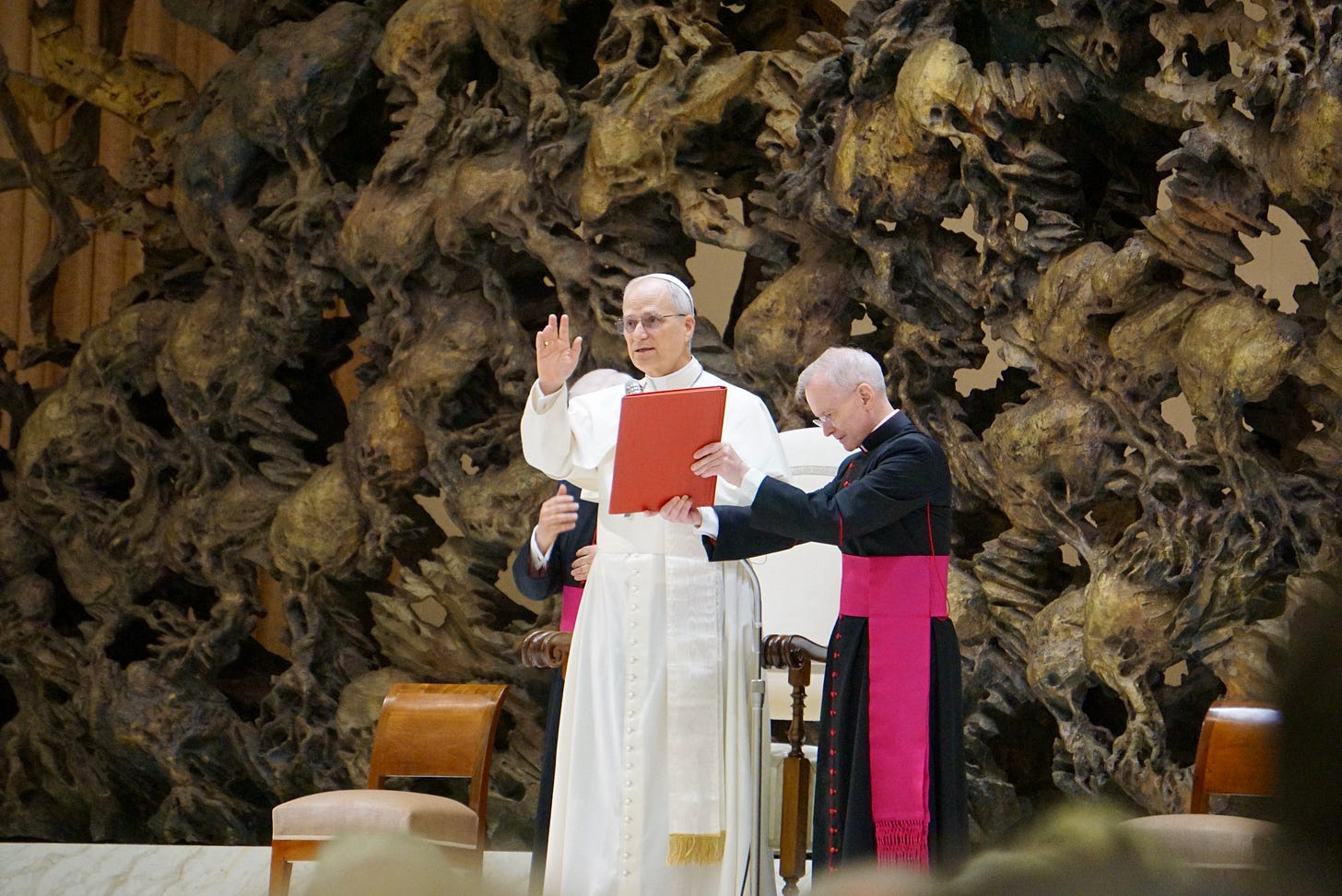Francis, Leo XIV and Synodality: Same word but different meaning?
For Francis, synodality was a way of questioning everything, and never appeared to allow the primacy of doctrine. But for Leo?
VATICAN CITY (PerMariam) — Synodality was the defining element of the last years of Pope Francis’ pontificate, but what priority will it be given under Leo XIV and what might that look like?
As the Catholic Church marks the two-week point of Leo XIV’s pontificate, some early themes and central tenets of his pontificate are already emerging. Without doubt his papacy remains very much in its infancy, and for a man who might reasonably be expected to remain 15 or 20 years on the throne, two weeks is but a blink of an eye.
Nevertheless, for those with a keen eye on Vatican affairs, clues are already present and a key question about the Leonine years is his decision on the future of the Synod on Synodality.
From Francis to Leo: A synodal Church?
The Synod on Synodality truly dominated the latter half of Francis’ pontificate. Barely a speech or homily could go by without notable mention from Francis of “synodality,” the importance of being a “synodal Church,” or of requiring a Church-wide “synodal” conversion.
Indeed he ensured that this focus would continue as the prominent theme for his successor, when – from his hospital bed – he approved a three-year implementation period of the already three year Synod.
As prefect of the Dicastery for Bishops, then-Cardinal Prevost was involved in both the 2023 and 2024 sessions of the Synod held at the Vatican. Furthermore, as the “go-to” man for about half of the world’s bishops when visiting Rome for their ad limina, he would have had key oversight into how the Synod was being implemented in local dioceses and what effect it was having.
Keep reading with a 7-day free trial
Subscribe to Per Mariam: Mater Dolorosa to keep reading this post and get 7 days of free access to the full post archives.




